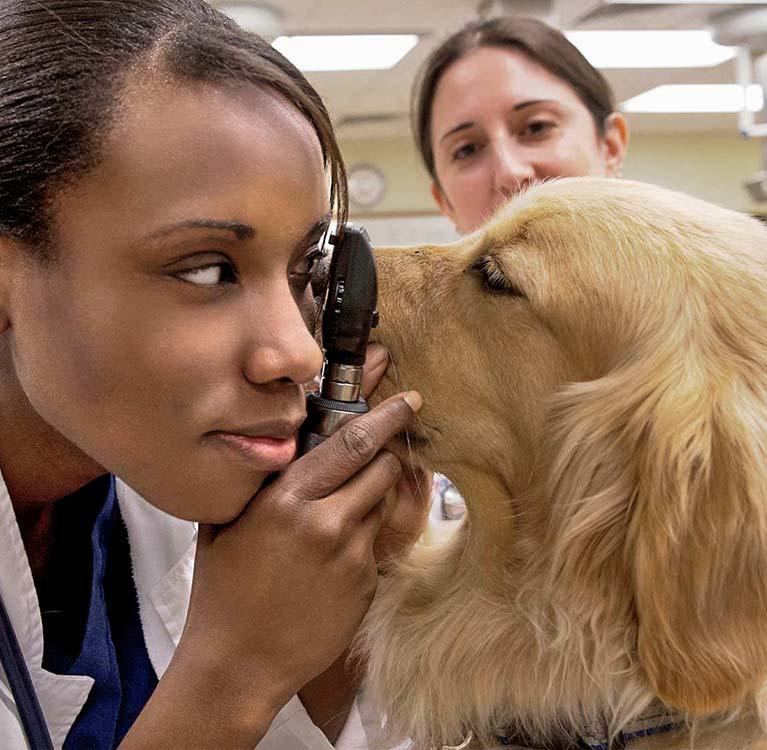Free News For Deciding On Natural Dog Company
Wiki Article
What Are The Most Frequent Diseases Animals Suffer From?
The age of the animal is a factor, species and health, the medical conditions of animals can be different. Animals are susceptible to a variety of medical issues.
Heart Disease- Conditions like congestive heart failure can affect animals, particularly older ones and result in diminished functioning of the heart. Endocrine Disorders - Hormonal imbalances such as Cushing's Disease and hypothyroidism could have negative effects on the animal's health.
Diabetes- Diabetes mellitus can develop in pets and requires careful management, which includes insulin therapy and diet changes.
Renal Disease (Kidneys)- Kidney diseases are common in old dogs and cats. They can require diet modifications and medical treatment.
Bladder and Urinary Tract Problems with the Urinary Tract or Bladder. Conditions like bladder stones, urinary tract infections, and urinary indisposition can be a problem for dogs.
Allergies- Animals suffer from food allergies, environmental allergies as well as contact allergies. Allergies can cause digestive or skin problems.
Behavior Problems - Animals that have issues with their behavior, such as aggression, anxiety or phobias may need to be evaluated by a veterinarian.
Wounds and injuriesUnintentional injuries, fights or falls may cause fractures, wounds, or soft tissue injuries that require medical attention.It's important to note the importance of early detection and prevention. are crucial to maintaining the well-being and health of animals. A balanced diet, regular veterinarian visits, vaccinations preventive measures against parasites, and regular checks can help to prevent frequent medical problems. If your pet shows signs of discomfort or illness, it is essential to seek immediate medical attention. The very best of the best pet allergy supplements for website examples.

What Are The Best Supplements And Vitamins Available For Dogs?
The choice of probiotics, vitamins and supplements for dogs should be determined by your dog's individual needs and any recommendations from your veterinarian. It is essential to provide your dog a nutritious and balanced diet. However, some dogs may be benefited by supplements. Here are a few popular supplements for dogs and their potential benefits.
Multivitamins. High-quality dog foods ought to contain most of the essential vitamins your dog needs. A multivitamin supplement can be beneficial for dogs that have dietary restrictions. If you're offering your dog a vitamin supplement, make sure that it is specifically formulated specifically for them. In excess of some vitamins can cause toxicity. Omega-3 Fatty Acids Omega-3 fatty oils, like fish oil, can enhance the quality of coat and skin, reduce inflammation, and can also help joints. These supplements are suggested to dogs who have skin problems and allergies, as well as arthritis.
Probiotics. Probiotics are a great way to improve digestive health by sustaining an ideal gut microbiome. They can be used to reduce symptoms of diarrhea, as well as to improve the immune system.
Glucosamine & Chondroitin - These supplements aid in maintaining joint health and may help reduce the symptoms of dogs suffering from arthritis.
It is crucial to speak to your vet before giving any supplements to your dog. Your vet will give specific advice based on the needs of your dog and its conditions. Supplementation amounts can vary depending on factors like the weight of your dog, its health and age. Dosing too much can be harmful. You should also choose supplements that are made by reliable businesses as their quality and safety of the products can vary. Always follow the dosage instructions and watch for adverse reactions. Contact your veterinarian in the event that you observe any unusual signs or reactions. A well-balanced and veterinarian-recommended diet is typically the best way to meet your dog's nutritional needs, and supplements should only be used when necessary and under professional guidance. Check out the Best pet herbal supplements for overweight cats for more recommendations.

What Is The Frequency Of Yeast Infections, Skin Allergy And Kidney Failure? What Are The Available Treatments?
Skin allergies, yeast infections and kidney failure may be seen in dogs and their incidence varies on factors like breed as well as age and general health. Here's a brief description of these ailments and the possible treatments.
Infections with Yeast: Prevalence Yeast infections in dogs are fairly common, particularly in areas with skin folds, ears and the paws. Breeds with folds on their skin, such as Bulldogs and Shar Peis, are more susceptible to infection.
Symptoms can include itching and redness. There may also be a foul smell or discharge. Head shaking or discomfort may be due to ear infections.
Treatment: Treatment involves the root of the problem (e.g. skin folds or allergies) by using antifungal creams applied to the skin and, in some instances oral antifungal medicine. It is important to maintain good hygiene.
This is important to know because these ailments may affect some dogs but not all. In addition, prevalence can differ between dogs and breeds. Regularly scheduled veterinary examinations as well as a balanced diet and preventive actions (such as controlling fleas and maintaining a clean environment) can lower the chance of developing these conditions. It's important to consult an veterinary specialist if you think that your pet might be experiencing a medical condition, such as yeast infections, skin allergy or kidney issues. This will allow you to determine the exact diagnosis and customize a treatment program. Early intervention is key in improving your pet's health and quality of life. Look over the most beautiful pet herbal medicine for site advice.